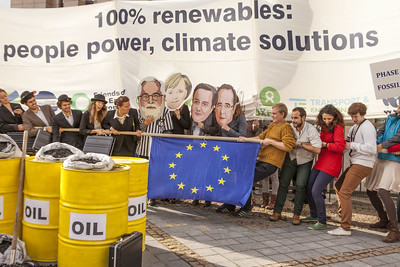The Ford Fiesta will be ditched in favour of newer EV platforms, with the company expressing no plans for an electric version and is also attempting to secure the supply of low carbon steel for its future operations as it reaches for carbon neutrality by 2035.
First reported in the Sun, Ford, like many manufacturers, is reassessing its ranges in light of the swift move to electrification and increasing regulation.
First produced in 1977, the Fiesta has become an icon of UK motoring, but the UK's 2030 ban on new petrol and diesel cars it is the more flexible SUV style platforms that are likely to be used. Already Ford has dropped its successful Focus range.
The company is also entering memorandum of understandings (MoUs) with Salzgitter Flachstahl GmbH, Tata Steel Nederland B.V. and ThyssenKrupp Steel Europe AG to secure supply of low carbon steel.
The three strategic suppliers to Ford have individual plans to increase the production of low carbon steel in the coming years. Based on the strong relationships with these partners Ford will significantly improve the CO2 footprint of its supply chain. As a first application Ford plans to use the low-CO2 steel for the production of its new all-electric, medium-sized SUV, starting in 2023.
The steel companies will use green hydrogen and renewable energies in new production processes to gradually reduce their CO2 footprint in steel production. In this way, they will contribute to the European Green Deal to achieve zero net emissions in all sectors by 2050.
The initiative will also contribute to the company’s commitment to a 10 per cent use of carbon neutral steel by 2030 from earlier this year, announced when Ford joined the First Movers Coalition, a global initiative by the World Economic Forum to harness purchasing power and supply chains to create early markets for innovative clean energy technologies.
Latest News
-
Marks & Spencer donates 100m meals to good causes over last decade
-
Jewellers body offers grants of up to £50,000 to boost training
-
Agency overhauls community charity’s brand for free
-
Open University launches global majority voluntary sector leadership programme
-
OVO and Co-op’s foundations help launch youth climate justice funding scheme
-
Bus firm to invest £25m in green transport research
© 2019 Perspective Publishing Privacy & Cookies









Recent Stories